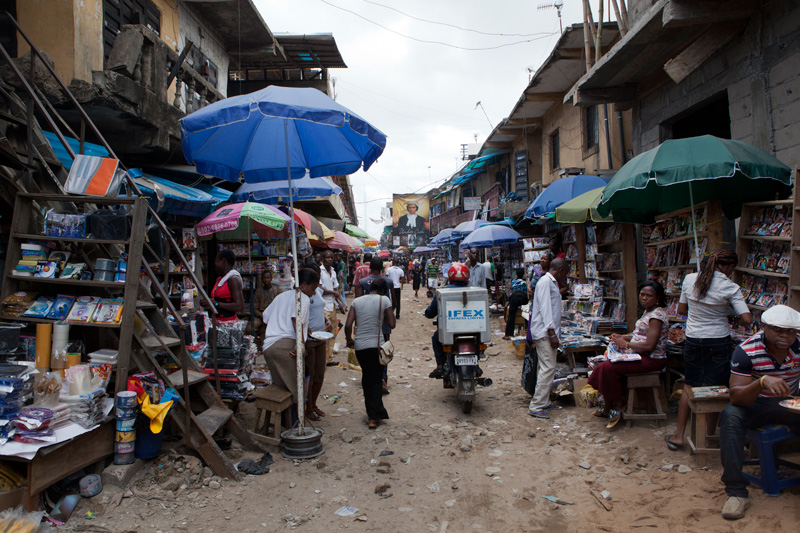It goes without saying that Nigeria is a plural society of diverse tribes, ethnicity and cultural persuasions, which makes for a charged atmosphere in daily interactions and course of doing business. This comes to the fore, more often than not, because a huge chunk of the population is semiliterate, at best. Despite this multiplicity of tribes and tongues, Nigeria, essentially, stands on a tribal tripod: Hausa, Igbo and Yoruba.
These are the three prominent tribes that either promote mutual coexistence in the country or, conversely, drive the attendant fissures. Regrettably, the story of Nigeria has more to do with the latter than the former. The fissures indeed are gaping and bursting at the seams. Even before the Nigerian civil war of 1967 – 1970, when the Hausa and Yoruba tribes connived and almost genocided the Igbo and their nascent Biafra out of existence, the tension of mutual coexistence had always lurked at the background. There is always palpable tension and mutual suspicion. Ethnic coloration is rife and a given.
These tensions and mutual distrusts rear their ugly heads mostly during elections. The last elections of 2023 was no exception. Unscrupulous politicians take undue advantage of this situation to pitch one tribe against the other, just to attain their selfish, political interests.
Since the last general election, Ndi-Igbo – a tribe gifted in trade and merchandise – have come under heavy attack in Lagos, it would appear. This saw many of their shops and businesses being brazenly demolished. Their wares and places of doing business have been bulldozed in Alaba, Lekki, Lagos Mainland, Ladipo, Ikeja and the list goes on. Even their residential quarters have not been entirely left out.
There’s no gainsaying that a lot of Igbo traders lost their sources of livelihood since the last election, but a deep introspection will reveal that there is more to it than meets the eye. To say the least, the Lagos State government has been brazen and most uncharitable in this demolitions. The State government says it is on a drive to clear the waterways, demolish buildings without permit and dilapidated structures that pose a threat to the environment.
According to the General Manager of the Lagos State Building Control Agency, Gbolahan Oki, the government is demolishing “physically distressed” buildings in the markets. He went further, “All illegal structures that would endanger the lives of business men and women will be pulled down. Such buildings are at risk of imminent collapse and also poses great danger to other adjourning buildings/structures in the market.
“The demolitions are to enforce building regulations and prevent building collapse. Some lack permits and necessary documentation”.
In spite of these reasons, politicians invoke ethnic coloration to hoodwink and gaslight their tribe to undermine the apparently good intentions of the government, all in a bid to achieve their selfish interests.
Ndi-Igbo say they’re targeted and punished for their political persuasions. Their crime being that they dared field a parallel candidate for the 2023 presidential election in the person of Peter Obi of the Labour Party, who is of Igbo extraction, as against a Yoruba man, Senate Bola Ahmed Tinubu of the All Progressives Congress. The political fireworks didn’t end at the presidential level. Even locally, at the State level, while the cream of the Yoruba population in Lagos rooted for the incumbent Babajide Sanwo-Olu for governorship of the State, the Igbo found accommodation with Gbadebo Rhodes-Vivor of the Labour Party. Adding to the mix and intrigues, Rhodes-Vivor’s wife and mother were both of Igbo extraction, sending the wrong vibes of Ndi-Igbo wanting to take over the political apparatus of Lagos, as it were.























